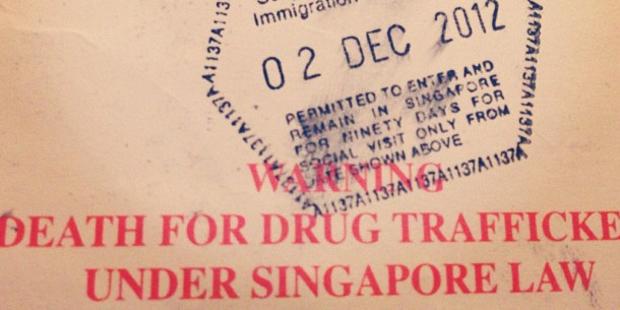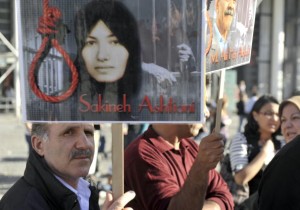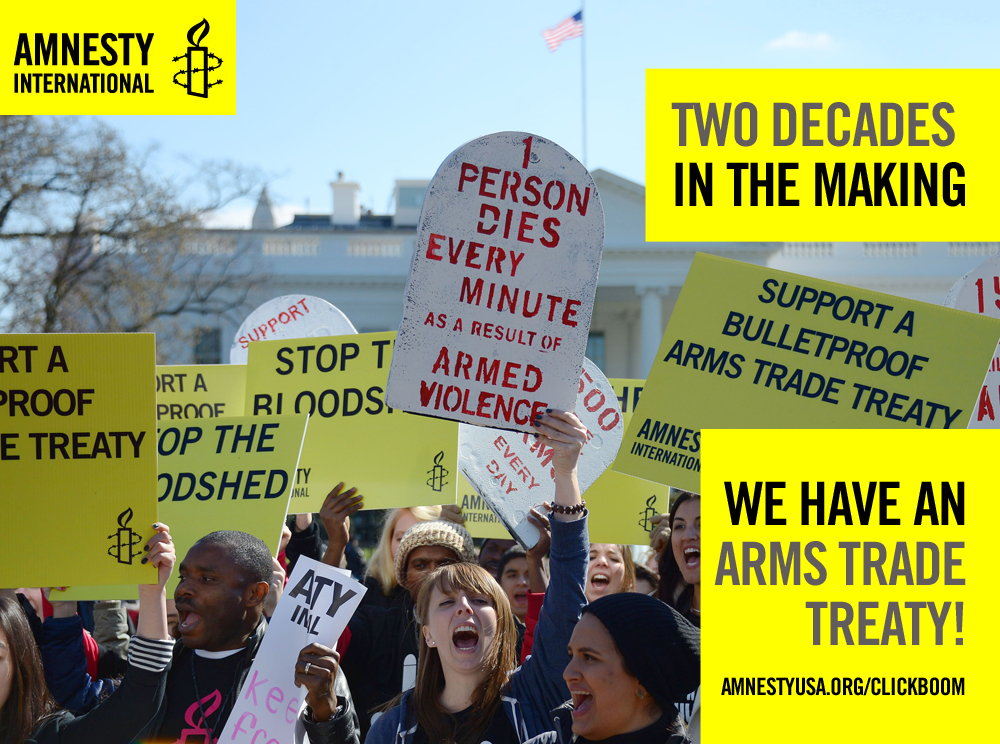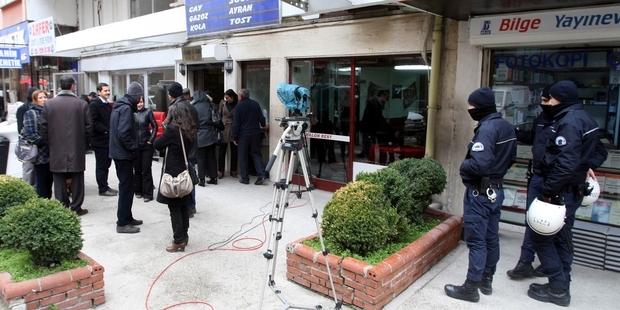
In some countries having consensual sexual relations outside marriage, offending religion and even drinking alcohol is punishable by death © Michael Matuzak
Even though most of the world has turned its back on the death penalty, some countries continue to impose capital punishment for acts like having consensual sexual relations outside marriage, opposing the government, offending religion and even drinking alcohol.
This is despite international law barring states from handing out death sentences for any of these crimes.
Here’s a list of some “crimes” that, in some parts of the world, can get you killed.

Iran’s Sakineh Mohammadi-Ashtiani was sentenced to death by stoning for adultery (Photo Credit: Etienne Laurent/AFP/Getty Images).
1. Consensual Sexual Relations Outside Marriage
In Sudan, two women, Intisar Sharif Abdallah and Layla Ibrahim Issa Jumul, were sentenced to death by stoning on charges of “adultery while married” in separate cases in May and July 2012. In both cases, the women were sentenced after unfair trials involving forced “confessions.” The sentences were subsequently overturned on appeal, and both women were released.
In Iran at least 10 individuals, mainly women, remain on death row having been sentenced to stoning for the crime of “adultery while married.”



